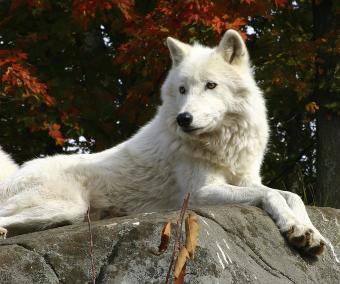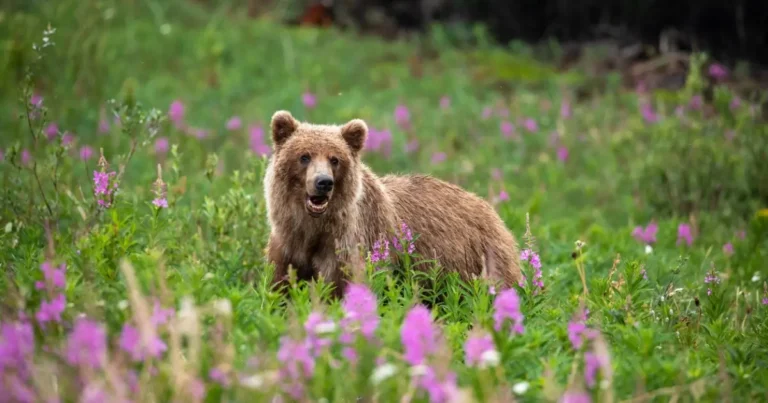
In our scans of wildlife-related news this week we came across some truly ridiculous headlines – those that will certainly get your attention, even if they have little to do with the articles you’ll read below them.
Flooding due to beaver dams puts Manitoba resort area in 'serious jeopardy'
To be fair, the CBC changed this headline at some point from when it was originally published. But they still wrote it. What makes this headline wonderfully ridiculous is the opening sentence: “Groundwater, not beaver dams, iscausing levels to rise atEast Blue Lake, says PerryStonehouse, Manitoba Conservation and Water Stewardship's western regional director.”
The headline was eventually updated to “High water puts Manitoba resort area in 'serious jeopardy'”- likely following the reporters getting actual facts from experts, rather than relying on biased eyewitness reports.
This article, and the series of stories surrounding it, were the subject of a blog we posted earlier this week, as well as a letter to the editor of the Winnipeg Free Press, where it originally ran. Again, the headline is wildly misleading. Three dogs have died following encounters with wolves in recent weeks, but, as written by the reporter (instead of the headline writer): “Verbiwski and MacPherson said what's attracted the wolves to the east beaches is an abundance of white-tailed deer, which have increased in number in the past few years. Backyard feeding of deer by people is to blame for their increase.”
The wolves are definitely not “hunting” pet dogs. The conflict arising between the two species is incidental to the actual issue, which is clearly the backyard feeding of deer (which in turn attracts the wolves to the area).
What reporters and their editors may not realize about these inaccurate headlines is the consequences of their word choices. Fear, frustration, and anger can all arise when reading these headlines (and some early incarnations of the articles). Though the impact of the news behind them isn’t personal to those reading the articles, it is a fact that readers can begin experiencing the same emotions (fear, frustration, anger) as those who are documented. And that leads to bad decisions.
Millions of predators and mesopredators – from raccoons to coyotes to wolves – are killed every year because of emotional decisions that do not have the backing of science. Poor policy is drafted and approved by leaders because they’re responding to the panic and fear they read in the news.
It can be seen specifically in cases like breed-specific legislation (pit bull bans), coyote-killing contests, and ongoing trapping of beavers or other essential animals in parks and green spaces.
We can’t expect every journalist to be responsible and respectful; but we can expect all of you, our supporters and followers, to help your friends, family, neighbours, and community stakeholders see past the poor headline writing and see the facts – as difficult as that may be at times.
Please remember to not believe everything you read (or are told) in the news; lives may depend on it.
Work like our growing Living With Wildlife campaign is only possible with the support of monthly donors. Please consider become a monthly donor – for as little as $5 a month – and help us create a Canada that is truly humane.

